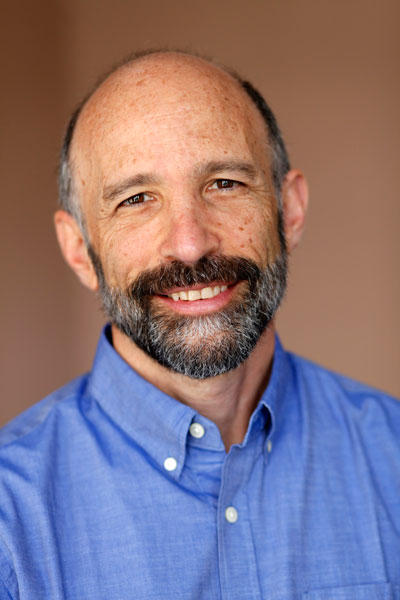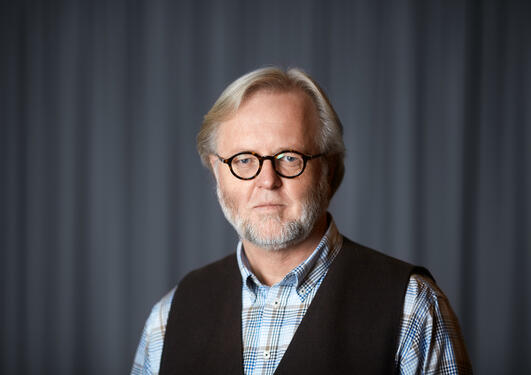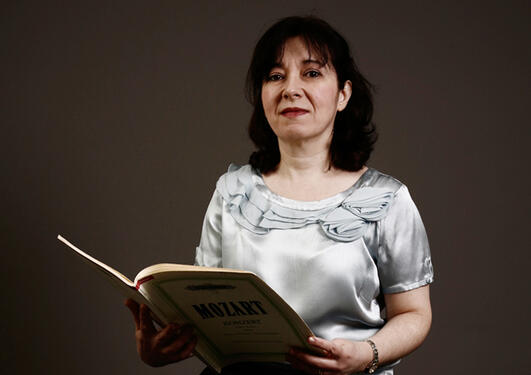Kenneth Aigen
Autism and the Neurodiversity Movement: Implications for Music Therapy Research
Main content
For much of documented human history—and particularly in the 20th century—autistic people and their families have been mistreated by the health care professionals charged with helping them. The long litany of abuse includes electroconvulsive therapy (ECT), inappropriate psychotropic medications, blaming parents for their children’s difficulties, warehousing autistic people for decades in inappropriate institutions that exacerbated their difficulties, promoting quack dietary and vitamin-based cures, and the dissemination of fraudulent research claiming a role for childhood vaccines in causing autism. This presentation will describe some of these practices and show how contemporary social movements within the autistic community are attempting to remedy the mistakes of the past.
The historical overview includes a description of how the autism diagnosis first emerged, its relationship to Asperger’s syndrome, and the emergence of spectrum thinking. The origins of autistic self-advocacy are contextualized within broader progressive movements originating in the 1960s that include other disability rights movements. The talk also describes how the work of autistic self-advocates is leading to transformed notions of what autism is and how autistic people relate to the broader human community through the concept of neurodiversity.
Following this description of contemporary autism advocacy, I will detail the implications of these various values and trends for music therapy research and provide an overview of recent music therapy research studies that reflect and are based upon the values being championed by autistic self-advocates and their supporters.
The presentation will conclude with a description of a research project of my own based on existing research on how people use music in everyday life to enhance life quality. This study is designed to examine the contexts, modes of engagement, and intentions, favored by autistic people in their relationship to music. This project includes a neurodiverse research team comprised of autistic and neurotypical members. The intention is to provide an exemplar of how to conduct scholarly research in a manner that foregrounds the concerns of the primary stakeholders, autistic individuals themselves. The talk will highlight the ways in which the design of the study reflects the values and principles of the neurodiversity movement and community-based participatory research.
Key Questions
- What are the two contrasting conceptions of autism in contemporary thinking?
- How is the disability rights movement manifest in the autistic community through the concept of neurodiversity?
- How can the principles of neurodiversity and self-advocacy be reflected in designing and carrying out research in autism?
Recommended Reading
- Bagatell, N. (2010). From cure to community: Transforming notions of autism. Ethos, 38(1), 33-55.
- Ne'eman, A. (2010). The future (and the past) of autism advocacy, or why the ASA’s magazine, The Advocate, wouldn't publish this piece. Disability Studies Quarterly, 30(1).
- Sinclair, J. (1998). Is cure a goal? http://autismmythbusters.com
Biography
Dr. Kenneth Aigen is an associate professor in music therapy at New York University. He has lectured internationally and authored numerous publications on Nordoff-Robbins music therapy, qualitative research, and music-centered music therapy. He is president of the Nordoff-Robbins Music Therapy Foundation and a Trustee of Nordoff-Robbins International. He is a past–president of the American Association for Music Therapy, a recipient of the Research and Publications Award from the American Music Therapy Association, and was the scientific committee chairman for the Ninth World Congress of Music Therapy. Honors include the Research and Publications Award from the American Music Therapy Association and the Lindback Award for Distinguished Teaching from Temple University. His most recent book is The Study of Music Therapy: Core Issues and Concepts published by Routledge.





